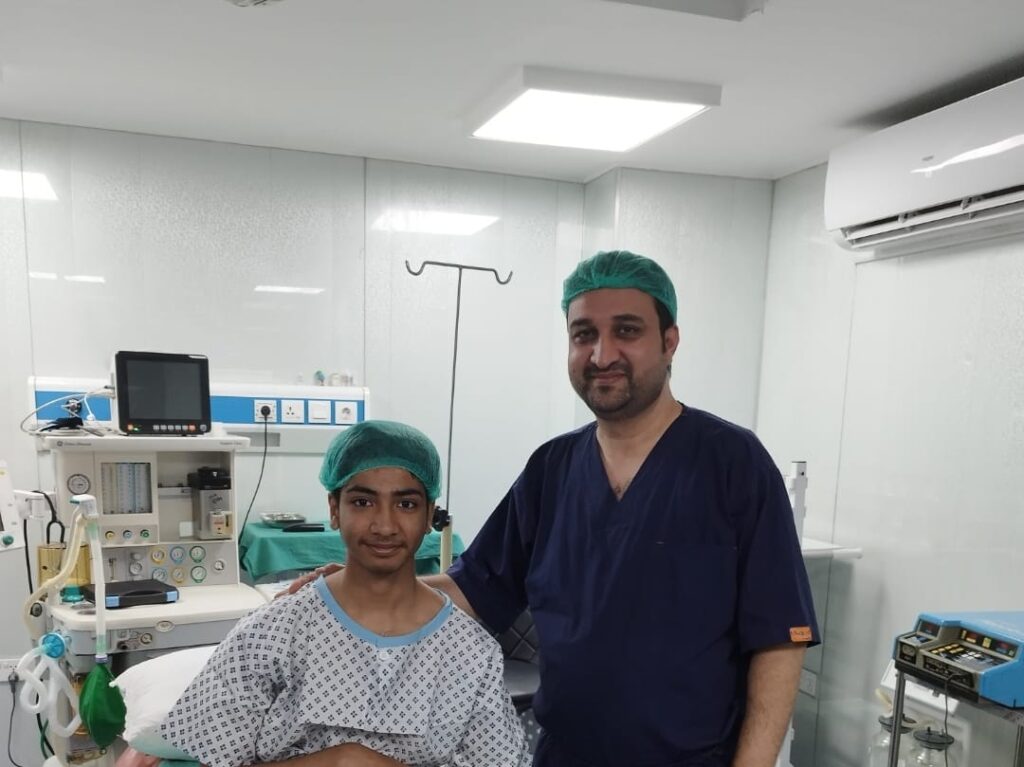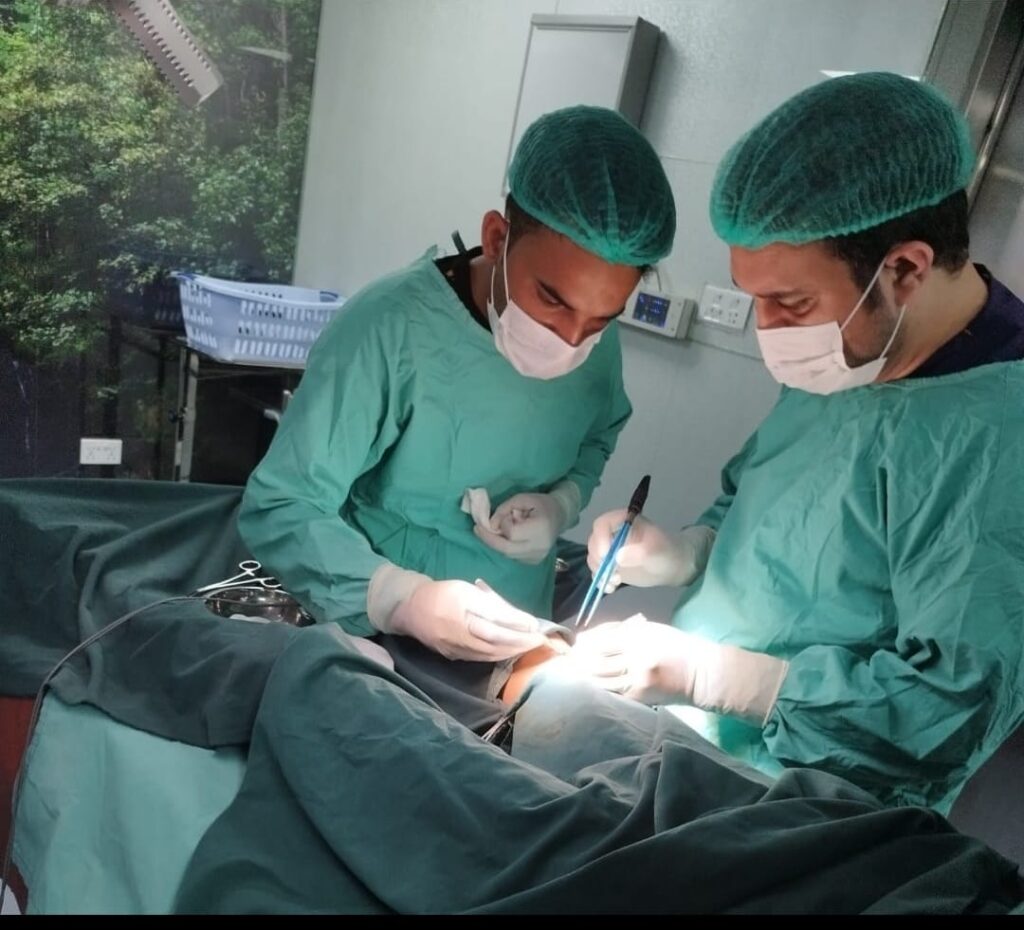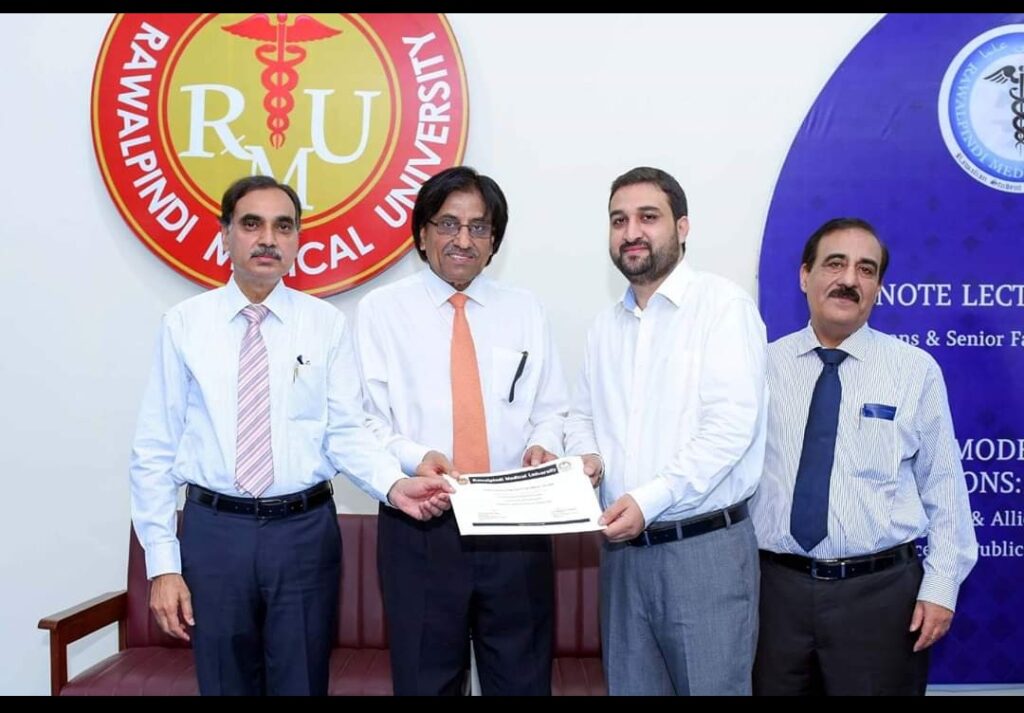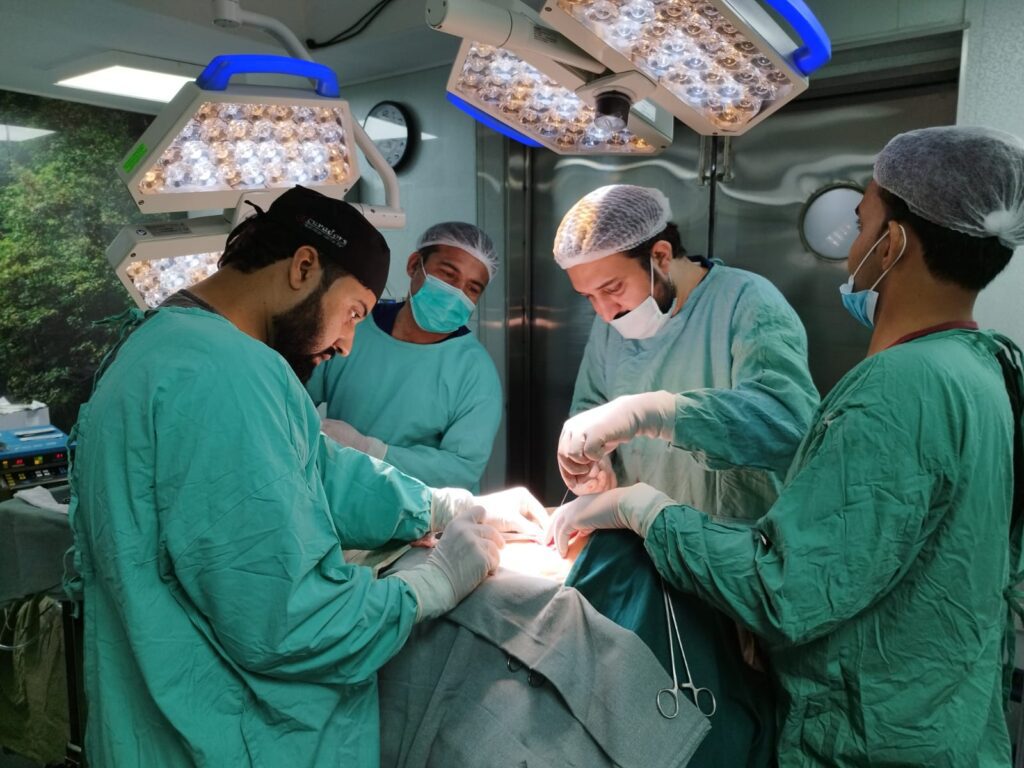- contact@laparoscopyadvice.com
- General Practice Hospital, G-9/2 Islamabad
- Mon - Fri: 10:00 am - 7:00 pm
Visiting Hours
| Mon - Fri: | 8:00 am - 8:00 pm |
| Saturday: | 9:00 am - 6:00 pm |
| Sunday: | 9:00 am - 6:00 pm |
Gallery Posts






| Mon - Fri: | 8:00 am - 8:00 pm |
| Saturday: | 9:00 am - 6:00 pm |
| Sunday: | 9:00 am - 6:00 pm |







Introduction
Tubal ligation, often known as “getting your tubes tied,” is a surgical procedure that serves as a permanent method of contraception. This article aims to provide a comprehensive understanding of tubal ligation, exploring its significance, procedure details, effectiveness, and considerations for individuals contemplating this permanent contraceptive option.
Understanding Tubal Ligation
Tubal ligation involves the surgical closure or blocking of the fallopian tubes, preventing eggs from reaching the uterus and thus making pregnancy unlikely.
Different Methods of Tubal Ligation
There are various methods for tubal ligation, including tubal clipping, tubal cutting and tying, and hysteroscopic sterilization. Each method has its unique approach to achieving the desired result of permanent contraception.
Indications for Tubal Ligation
Individuals choose tubal ligation for various reasons, and it is essential to understand the indications and considerations associated with this permanent contraceptive choice.



Considerations for Permanent Contraception
Factors such as age, certainty about not wanting more children, and medical considerations influence the decision to opt for tubal ligation.
Procedure Details
Understanding the step-by-step details of the tubal ligation procedure provides individuals with insight into what to expect during the surgical process.
Different Techniques and Approaches
Surgeons may employ different techniques, including laparoscopic methods, mini-laparotomy, or hysteroscopy, depending on individual circumstances and preferences.
Recovery and Postoperative Care
Recovery after tubal ligation involves specific guidelines to ensure a smooth postoperative experience.
### **Potential Side Effects and Complications**
While tubal ligation is generally safe, individuals should be aware of potential side effects and complications, such as pain, bleeding, or infection.
Effectiveness of Tubal Ligation
Tubal ligation is highly effective in preventing pregnancy, with a low failure rate. However, it is crucial to understand the long-term considerations of this permanent contraceptive method.
Considerations for Long-Term Contraception
While tubal ligation is considered permanent, individuals should be aware that, in rare cases, failure or reversal may be possible.
Reversal of Tubal Ligation
For individuals considering the possibility of having more children after tubal ligation, tubal ligation reversal procedures are available.
Success Rates and Considerations
Tubal ligation reversal success rates depend on various factors, including the method of ligation and the time since the original procedure.
Lifestyle and Emotional Considerations
Tubal ligation can have emotional and lifestyle implications, and individuals should be prepared for the potential impact on their well-being.
Support Systems and Counseling Options
Having a strong support system and access to counseling options can be beneficial for individuals navigating the emotional aspects of tubal ligation.
Alternatives to Tubal Ligation
Before deciding on tubal ligation, individuals should be aware of alternative contraception methods that may better suit their needs.
Overview of Alternative Contraception Methods
Exploring alternatives such as long-acting reversible contraceptives (LARCs), intrauterine devices (IUDs), and hormonal methods provides a well-rounded view of available options.
Frequently Asked Questions (FAQs)
1. Is tubal ligation reversible?
While tubal ligation reversal is possible, success rates vary, and individuals considering reversal should discuss options with a healthcare provider.
2. Does tubal ligation affect hormonal balance?
Tubal ligation does not directly affect hormonal balance, as it primarily involves blocking or closing the fallopian tubes, not altering hormonal production.
3. What is the best age for tubal ligation?
The decision to undergo tubal ligation is highly individual and not solely based on age. Factors such as certainty about not wanting more children and overall health play crucial roles.
4. Can I get pregnant after tubal ligation?
While tubal ligation is highly effective, there is a small risk of pregnancy. If pregnancy is desired after tubal ligation, options such as in vitro fertilization (IVF) or tubal ligation reversal may be considered.
5. Does tubal ligation cause early menopause?
Tubal ligation does not cause early menopause, as it does not interfere with the ovaries’ hormonal function. Menopause occurs naturally with age.
Conclusion
In conclusion, tubal ligation is a significant decision with permanent consequences, and individuals should carefully consider their options, weigh the potential lifestyle and emotional impact, and consult with healthcare providers. Understanding the procedure, recovery, and alternatives ensures that individuals make informed choices aligned with their reproductive goals and overall well-being.
| Mon - Fri: | 9:00 am - 7:00 pm |
| Saturday - Sunday: | Off |
Copyright 2023 Adil's Laparoscopy World | Powered by Dynaamx